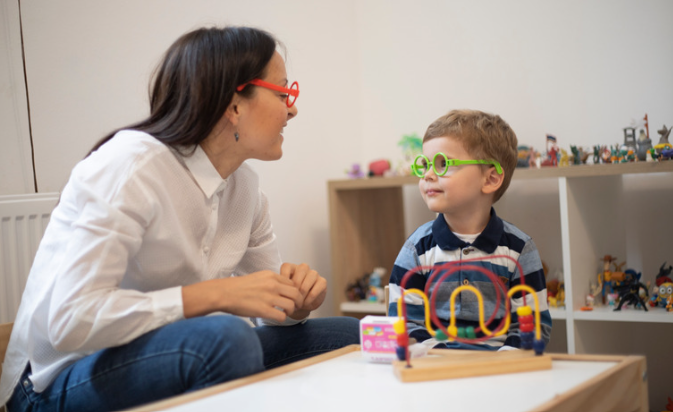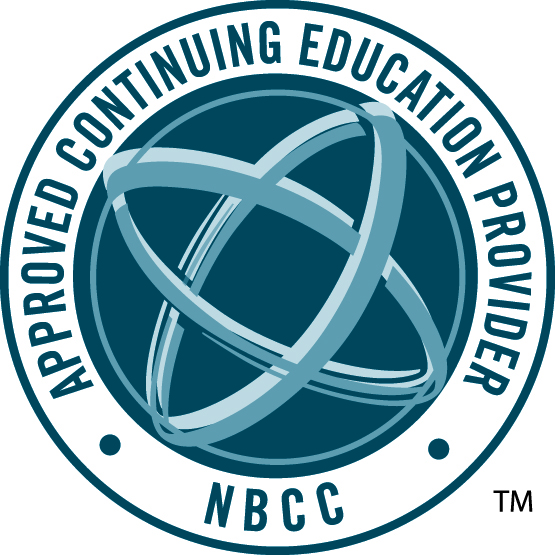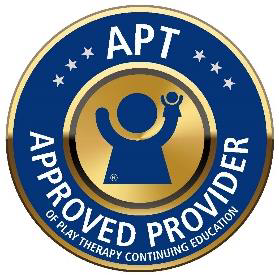Play Therapy Training

CFCE offers training throughout the year for clinicians looking to expand their practice of Play Therapy – including Child-Centered Play Therapy, Gestalt Play Therapy, Sandtray Therapy, and more!
Upcoming trainings and registration details will be updated below.
To be added to our email list for notifications of training dates, complete our Interested in Play Therapy Training form.
CFCE Play Therapy Training
APT Approved Provider 15-439
Featured training opportunity:
“Introduction to Child-Centered Play Therapy”
A 2-Day Training
Coming in 2025
Click HERE for more information about this incredible training opportunity!

Center for Counseling and Education, LLC has been approved by NBCC as an Approved Continuing Education Provider, ACEP No. 7528. Programs that do not qualify for NBCC credit are clearly identified. Center for Counseling and Education, LLC is solely responsible for all aspects of the programs.

APT Approved Provider 15-439
